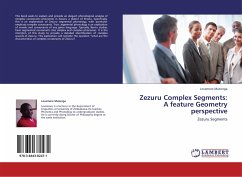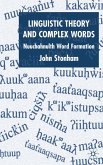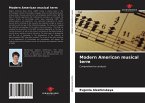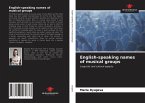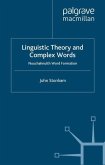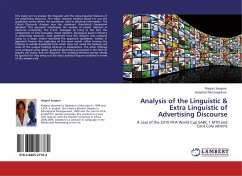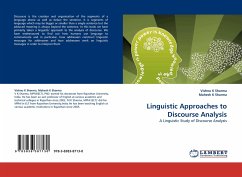English has been adopted as a predominant means of communication among musicians. The specific language of musical discourse, however, has remained on the periphery of interest of discourse analysts. As a result, little is known about the genres specific to the domain of music and their language. This work deals with one such genre, namely the concert notice, trying to contribute to filling that gap. The basic analytical framework employed is the theory of genres and genre analysis. The work analyses the genre of concert notice from the perspective of text type, identifies the strategies that an expert genre writer employs to achieve his communicative intentions and reveals the ways these are manifested in the language of the genre. The analysis then moves downwards from the macro-level of the genre to the micro-level of grammar and lexis, describing the phenomena typical of both a noun phrase and a verb phrase as well as the lexical and stylistic aspects of the genre. It explains why such linguistic devices are used, and to what effect, and tries to define distinctive linguistic features of the concert notice.
Bitte wählen Sie Ihr Anliegen aus.
Rechnungen
Retourenschein anfordern
Bestellstatus
Storno


